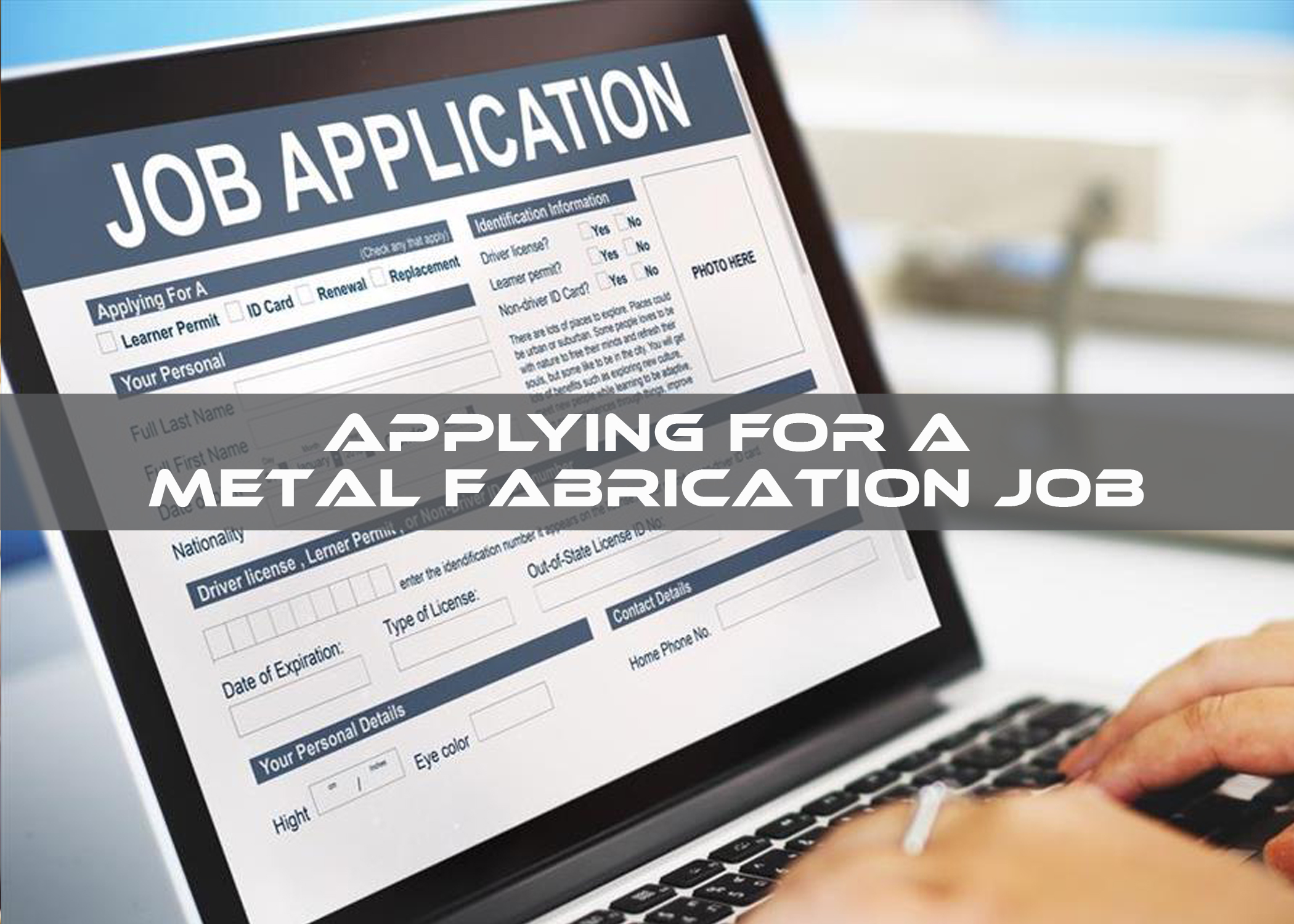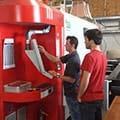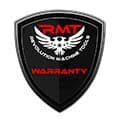Fab Shop Manager: “I see from your application that you’ve had experience in machining, fabricating, finance, and supervision. Have you ever been let go from a job for cause?”
Applicant: “Yes, I was fired from a position a couple of years ago.”
Manager: “May I ask why?”
Applicant: “I was two thou short.”
Manager: “Really? You got fired just for being two thou short? Was this at your last position as a machinist?”
Applicant: “No, it was when I was working as a bank teller.”
Preparing for Fabrication Employment
While some fabrication shops may be willing to train someone in metalworking, most will look for applicants who have had some previous training and experience, and almost all require a high school diploma or equivalent.
Taking a few high school shop classes won’t be enough for you to land a good job. Earning a one-year certificate or technical diploma from a post high school educational institution like a technical school or community college would be a first step, followed by a two-year associate degree in metal fabrication when possible. The more technical (and higher paying) the position, the more education you will need.
Certifications are also very helpful in getting a metal fabrication job. Earning a welding certificate can be useful in applying for some jobs, and various organizations offer certifications, such as an AISC Certification from the American Institute of Steel Construction. Other certifications that you should consider would be ones like a Precision Press Brake Certification (PPB), a Precision Sheet Metal Operator Certification (PSMO), and an OSHA Safety Certificate.
Applying for a Metal Fabrication Job
Essential steps in applying for a job in metal fabrication include:
- Creating a resume. Highlight your relevant education, experience, and especially any skills, such as welding, metal cutting, blueprint reading, and any other technical abilities applicable to the field. If you have relevant certifications include them in your resume or mention them in your cover letter.
- Writing a cover letter. Customize your cover letter for each application, mentioning why you are interested in the specific metal fabrication job. Highlight your skills, experience, and how they align with the job requirements. Express enthusiasm for the industry and the company.
- Preparing a portfolio. If applicable, create a portfolio showcasing your past projects or any relevant work. Include photos, diagrams, or descriptions to highlight your skills.
- Researching potential employers. Identify companies that specialize in metal fabrication. Learn about their values, mission, and the types of projects they typically work on. Familiarize yourself with their work culture.
- Searching for job openings. Look for metal fabrication job openings on company websites, job boards, and industry-specific websites. Use keywords in online searches like “metal fabricator,” “welder,” “fabrication technician,” and others that might be specific to your training.
- Completing all applications. Follow the application instructions provided by each employer and be certain to fill out all required fields on the forms. After submitting each application, consider following up with the employers after a week or two to express your continued interest in their positions.
Planning for Job Interviews
If an employer is impressed enough by your application to invite you in for an interview, you need to be ready to discuss in detail your experience, skills, and any relevant projects on which you’ve worked. You might be asked questions you wouldn’t expect, such as to describe your response when something went wrong on a previous non-fabrication job, or questions designed to test your awareness of potential safety hazards in a shop environment.
Besides asking about your knowledge of specific techniques and machines, questions could include things like:
- How do you prioritize handling multiple projects?
- How do you maintain your equipment?
- Can you interpret engineering blueprints?
- How familiar are you with using precision measuring tools?
- How do you handle discrepancies in a project’s design instructions?
- What techniques do you use to guarantee accuracy in your work?
- What do you do to minimize waste during fabrication?
- How do you handle work-related stress?
The interview process may be more than simply giving verbal answers to questions, however. The company might ask you to demonstrate your knowledge or skills in the shop so that they can see if you have practical knowledge of the things you are talking about.
Be sure to be well-rested before your interview, and dress sharply so that they can see you are taking the application process seriously (if they ask you to wear steel-toed shoes, or bring a welding hood and gloves, don’t forget to do so). Always keep a positive attitude, even if you feel flustered by not doing well during some part of the process. Showing confidence is one of the most important attributes that someone being interviewed can have.
Being a metal fabricator is a fulfilling job where knowledge, skill, and hard work come together to create things that are destined to last for many years, serving a variety of purposes in society. If you aren’t hired at one company, keep learning more about the industry, and keep applying. Eventually, you’ll find the perfect niche for your skillset and interests.







